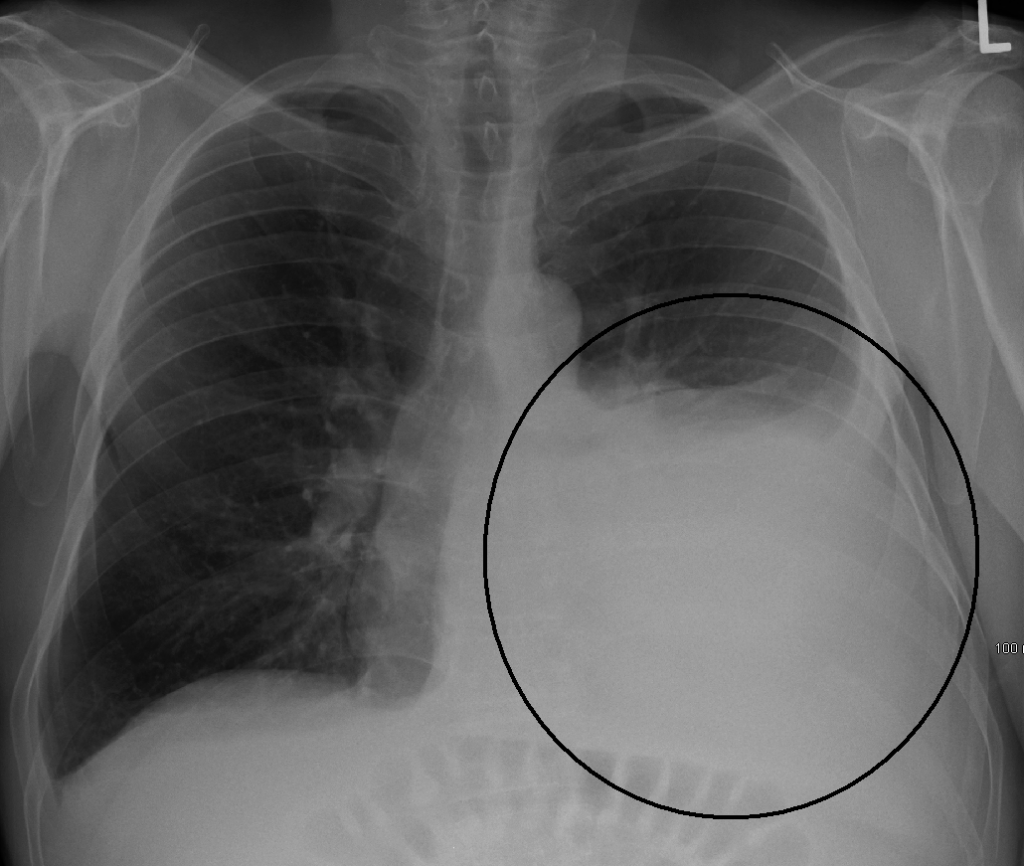Pleural Effusions & Mesothelioma

“My husband had a large amount of fluid drained from his chest a couple of times before he was diagnosed with malignant pleural mesothelioma. The other man we were talking to at the meeting never had any fluid drained. What does that mean for the future? Is that bad?”
This question in one form or another is asked frequently. The pleural fluid is located around the lung between the pleural and visceral layers – thin cell layers that line the lung. Usually in a healthy person there is about a tablespoon of fluid that lubricates the cell layers and allows the lungs to expand. Pleural effusions become significant when there is more than 200cc, just less than a cup. When draining a pleural effusion most practitioners stop draining at 1,000cc, around a quart.
There are many diseases that can cause pleural effusions. Some of the common reasons are congestive heart failure, liver or kidney failure, pneumonia, infection, and lung cancer. Malignant pleural mesothelioma is usually diagnosed after other more common reasons are ruled out.
In a research study published from the Academic Respiratory Unit at the University of Bristol, a team led by Anna C. Bibby looked at a center in England at patients diagnosed with malignant pleural mesothelioma between 2008 and 2017. They looked back at the symptoms that the patient presented with, the presence and size of pleural effusions, and then followed the patients through their journey with mesothelioma.
They found that 82.8 percent of all 229 patients diagnosed during this time had pleural effusions. Of the 192 patients, 41 percent had fluid that occupied more than 50 percent of the hemithorax. They also confirmed that right sided tumors and early stage disease were more common in patients that have pleural effusions and those that don’t. In addition, they found that patients with pleural effusions were more likely to be short of breath as the presenting symptom. Those without pleural effusions presented with chest pain as the most common symptom.
This study looked at the size of pleural effusions, and whether or not you had a pleural effusion did not contribute to overall survival. The study also found that effusions are associated with lower disease stage. The reason may be that when someone is short of breath they may go to the doctors earlier and disease possibly diagnosed sooner leading to more treatment options.
The study supports once again the importance of seeking treatment at a Mesothelioma Center of Excellence with an expert team experienced in malignant pleural mesothelioma. Research is constantly behind the answers to questions and constantly evolving.
If you or a family member has been diagnosed with mesothelioma and has questions about this or any legal issues, Belluck & Fox is here to help you get justice. Call today for a free consultation.




